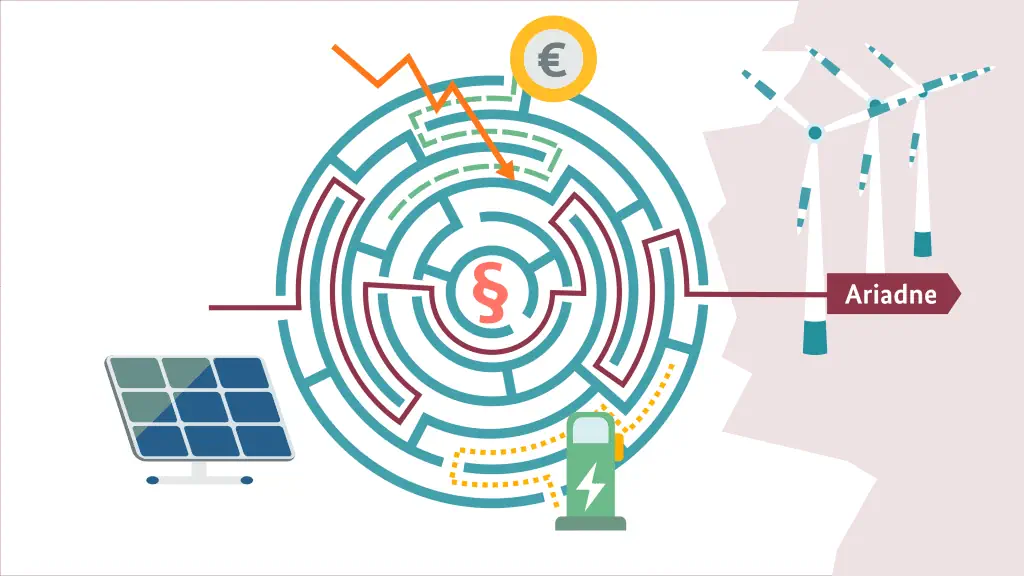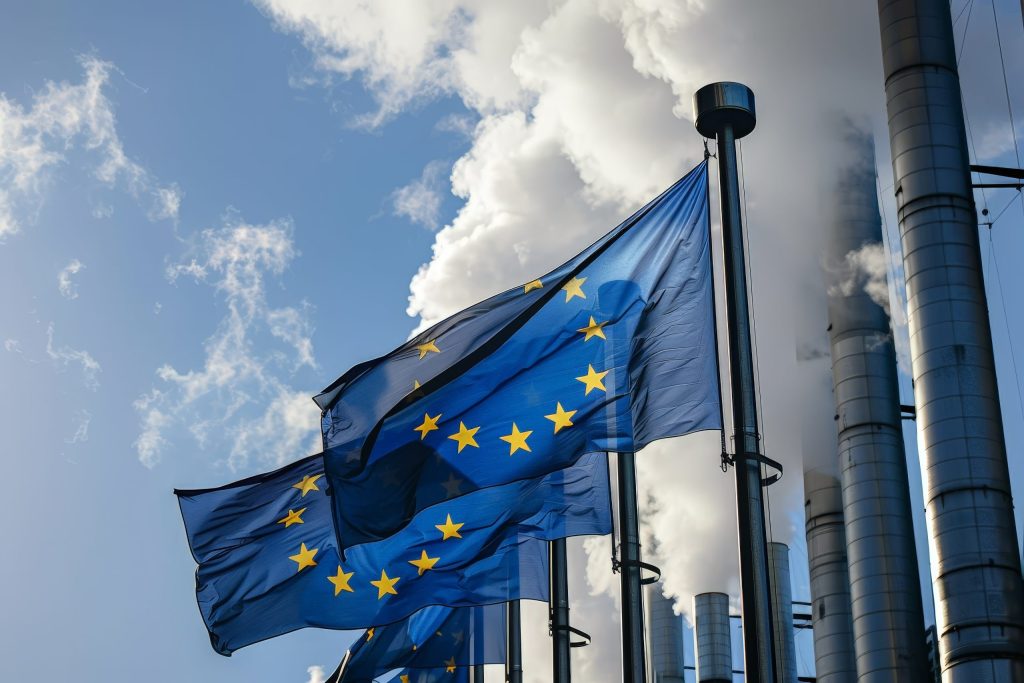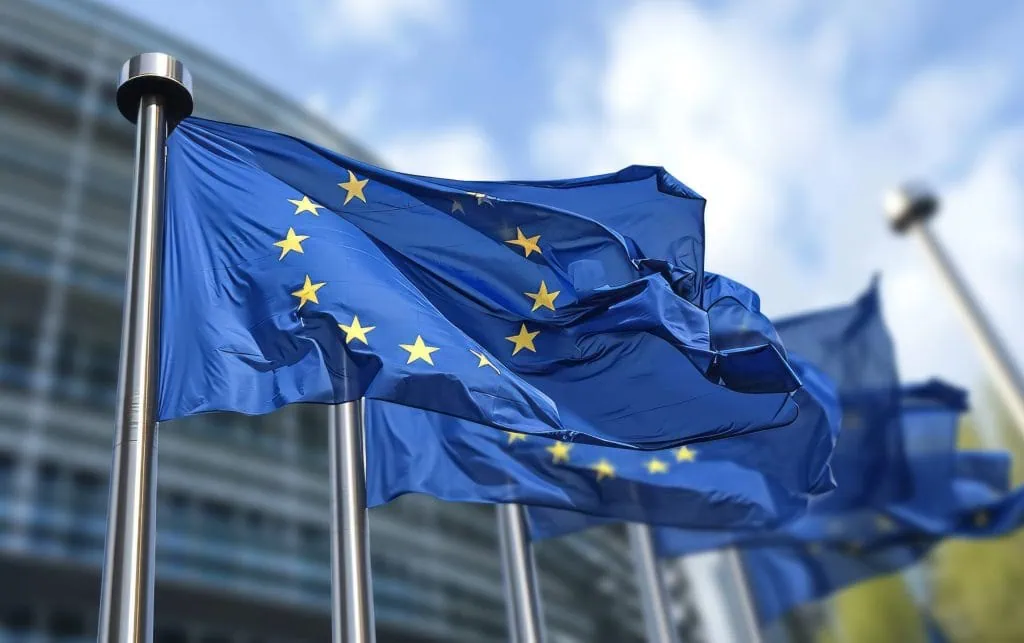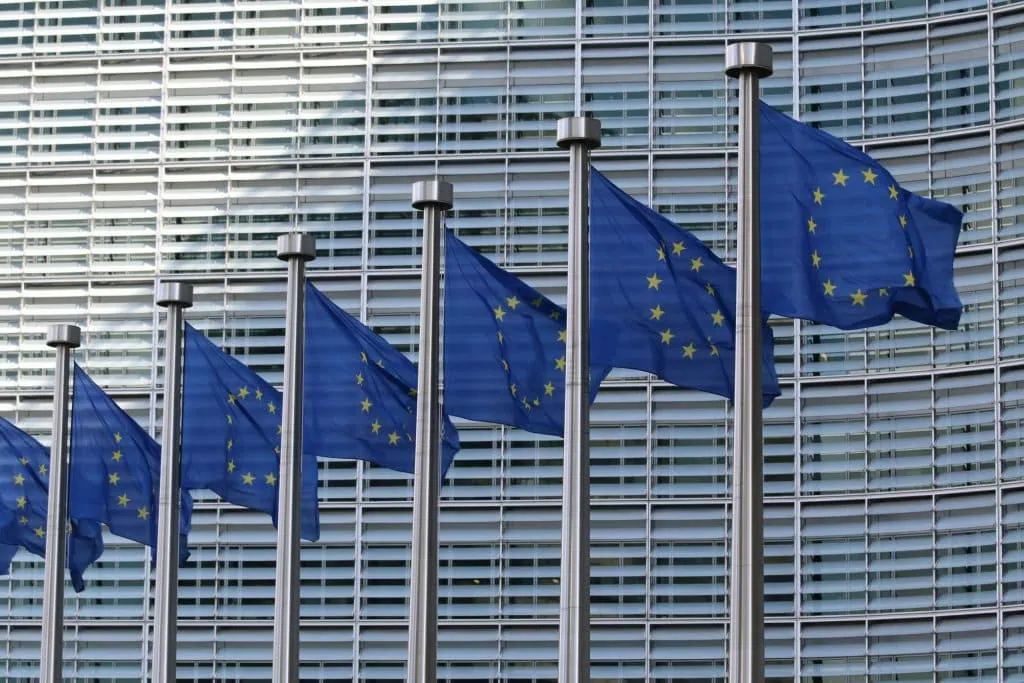 (c) Markus Spiske via unsplash
(c) Markus Spiske via unsplash Ariadne@Brussels 2025: Insights into the conference ‘EU climate and energy policy in a polarising world’
This years iteration of the Ariadne@Brussels workshop series took place in Brussels EU Quarter from 8 to 10 December 2025. Researchers from the Ariadne project presented their latest findings on EU climate and energy policy and discussed them in ...
 Pixel_B / Adobe Stock
Pixel_B / Adobe Stock CO2 pricing and subsidies alone are insufficient: Create lead markets for industrial transformation
In a new analysis, Ariadne researchers propose instruments to create lead markets for the emission-intensive basic materials cement, steel and ethylene.
 Adobe Stock / OZTOCOOL
Adobe Stock / OZTOCOOL Role of hybrid vehicles in EU fleet mix questionable: very high CO2 emissions
A real-world consumption data from around 850,000 vehicles across Europe shows that PHEVs are rarely charged, the combustion engine is used too often, and even in mainly electric mode, fuel consumption is considerable.
 (c) Markus Spiske via unsplash
(c) Markus Spiske via unsplash New edition of Ariadne@Brussels launched: ‘EU climate and energy policy in a polarising world’
The Kopernikus project Ariadne invites you to this year’s edition of the Ariadne@Brussels workshop series. From 8 to 10 December 2025, researchers from the Ariadne project will present their latest findings on EU climate and energy policy and discuss ...
 Adobe Stock/artjazz
Adobe Stock/artjazz New Ariadne paper highlights EU climate policy from 2030 onwards
The EU is in the midst of a debate on new climate targets for 2040 and how the competitiveness of industry can be linked to decarbonization. In a new background paper, Ariadne researchers analyze the historically evolved energy and ...

Working together toward climate neutrality
In a new short video, the Kopernikus project Ariadne shows why research into climate policy measures is so important for achieving climate neutrality.
 MheeP / Adobe Stock
MheeP / Adobe Stock Europe must provide even better incentives for renewable hydrogen
Ariadne researchers have analysed the EU framework for the ramp-up of hydrogen. This energy carrier, produced with electricity from renewable sources, is intended to decarbonise sectors that are difficult to electrify, such as the chemical and steel industries.
 Adobe Stock / Dina
Adobe Stock / Dina Staying the course in turbulent times: A dialogue with the Ariadne Project on future EU energy and climate policy
The Ariadne project provides the results of the three-day event on EU climate and energy policy (9-11.12.2024) in Brussels.
 Adobe Stock / studio v-zwoelf
Adobe Stock / studio v-zwoelf Under scrutiny: How EU diplomacy handled the design and launch of the Carbon Border Adjustment Mechanism
The European Union’s outreach to third countries during the introduction of the Carbon Border Adjustment Mechanism was rigid and uncoordinated, new Ariadne analysis has found. Researchers investigated how the EU organized its diplomacy to counter trade concerns during the ...
 Unsplash / Guillaume Perigois
Unsplash / Guillaume Perigois Low Carbon Hydrogen: strategic approach missing in EU’s regulatory framework, but crucial to ensure climate protection
The use of low carbon hydrogen based on non-renewable sources is considered as a transitional solution for the market ramp-up of renewable hydrogen. A new Ariadne paper shows that a strategic approach clarifying the role of non-renewable low carbon ...


